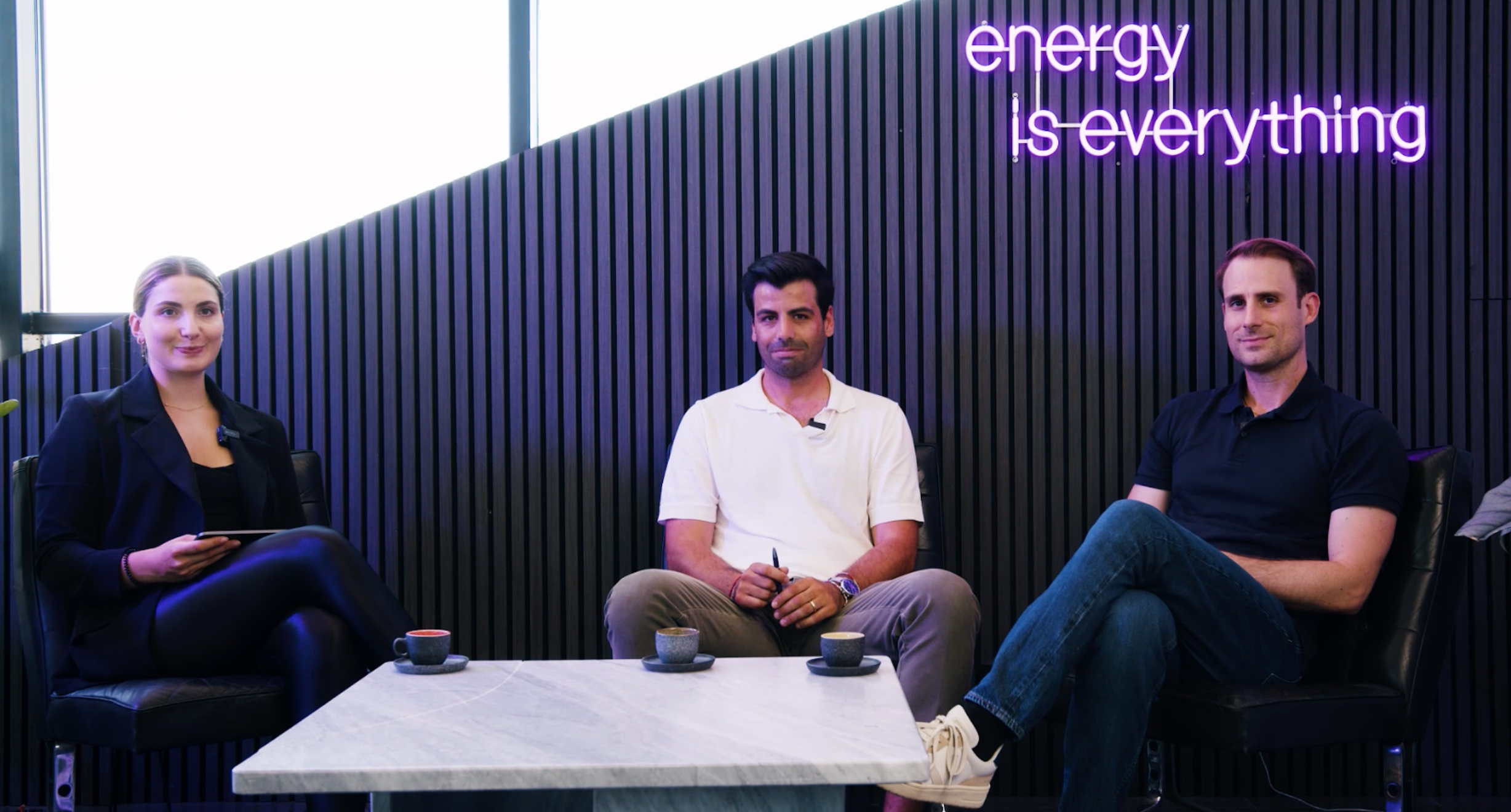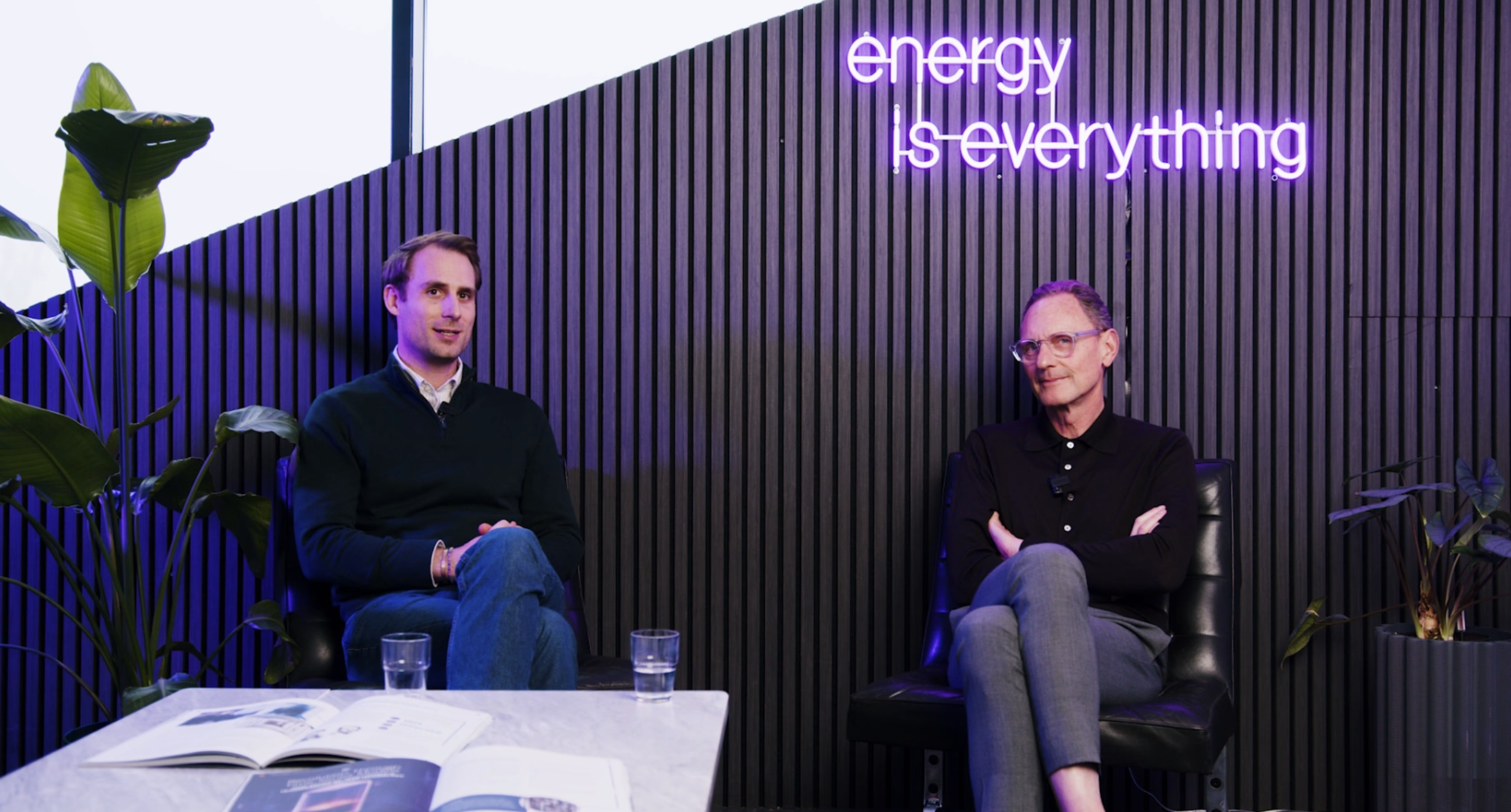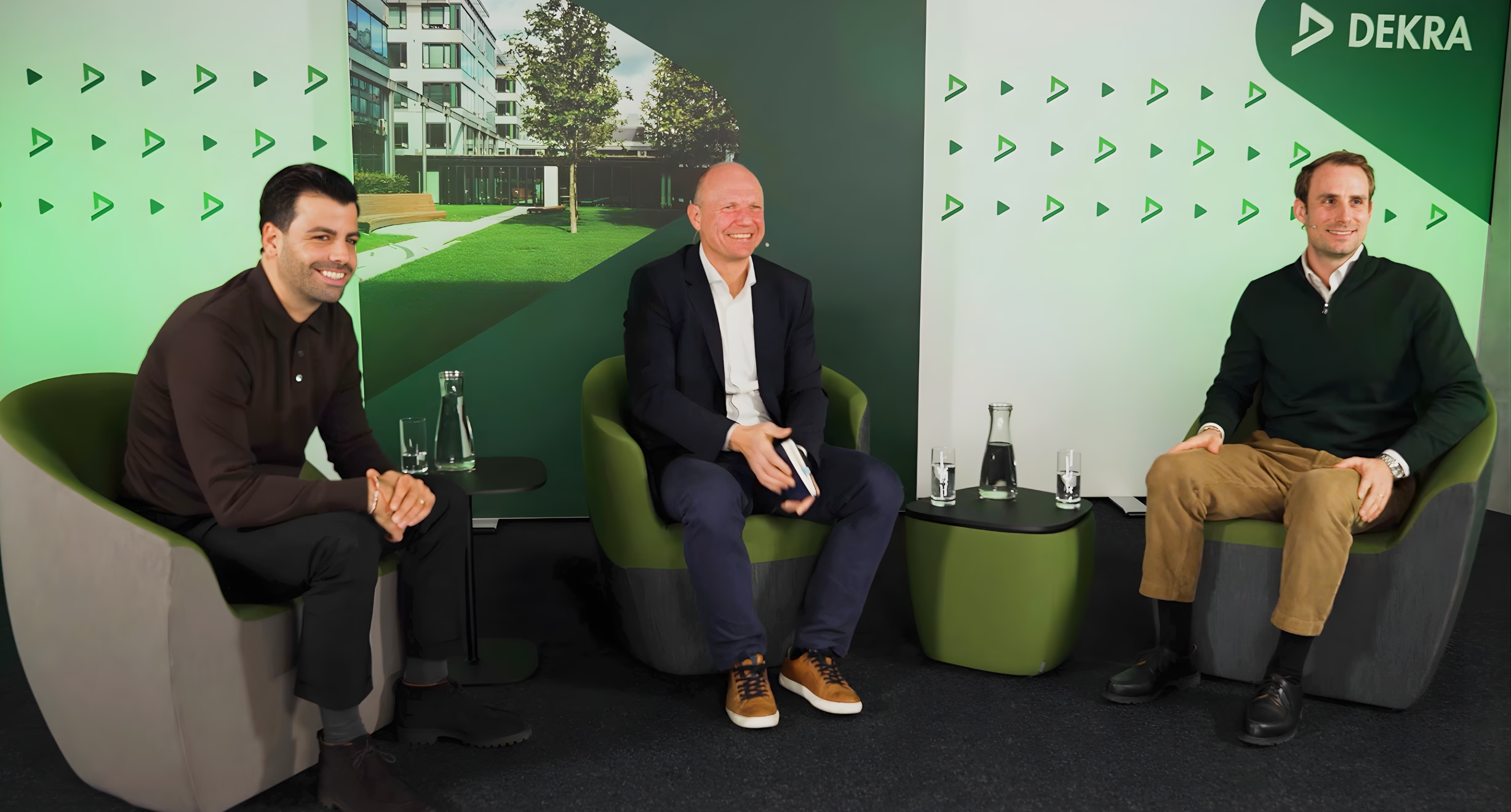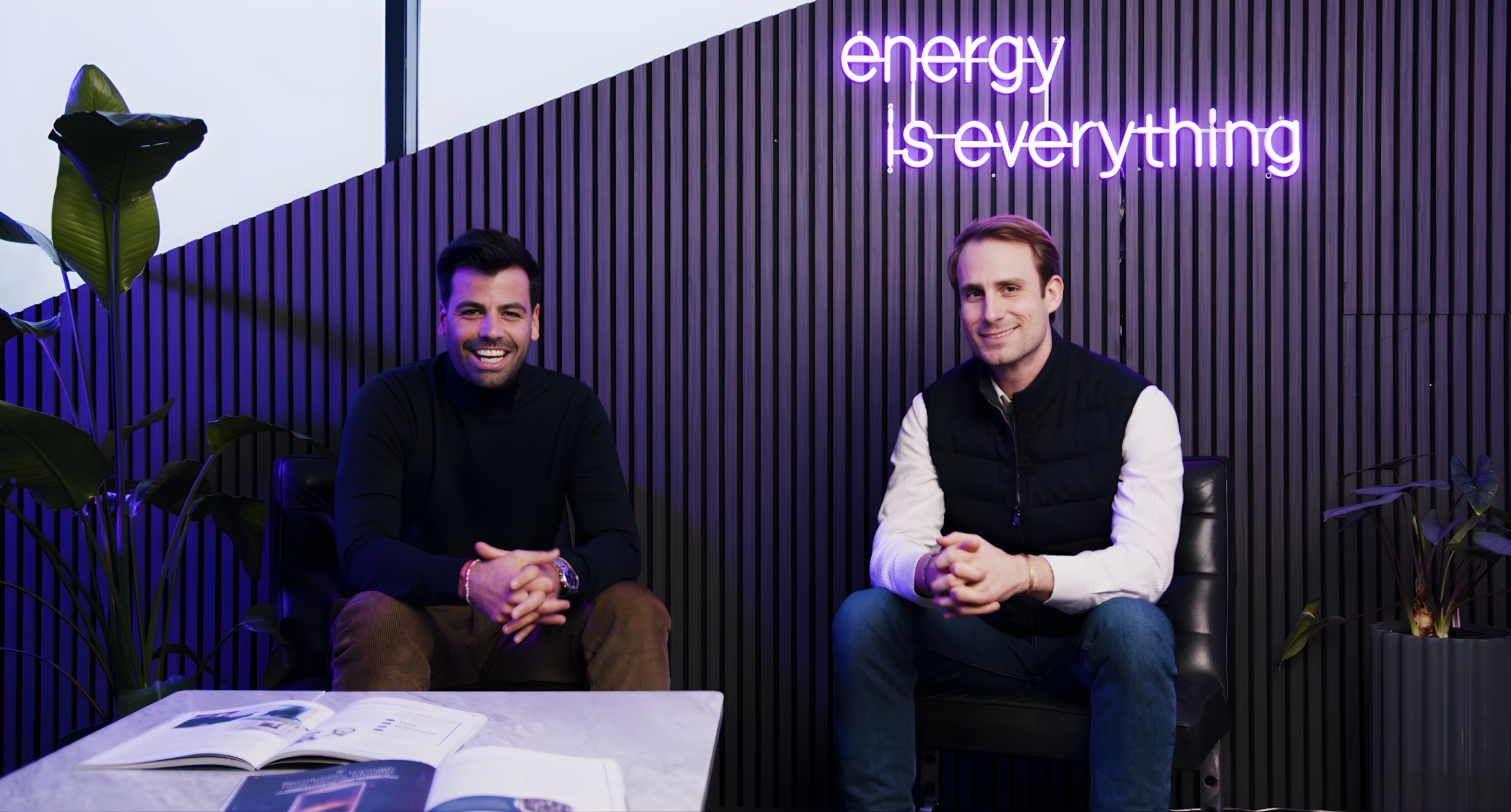Espresso Talks Episode 6 l Europe at a Crossroads: What’s Next for Battery Innovation?

Belief vs. Pressure — the contradiction shaping battery manufacturing market ⚡🔋
In Espresso Talks episode 6, our co-founders Lukas and Luca uncover one of today’s biggest challenges:
Electrification and battery technology is key for the future of mobility, yet the industry faces immense cost and time pressures, especially in Europe and Germany.
This tension is forcing every player in the value chain to rethink how they operate and invest:
✅ Building capabilities while under constant cost pressure.
✅ Accelerating timelines without compromising quality.
✅ Turning contradictions into drivers of innovation and efficiency.
☕ Read the full article to see how stakeholders can make the most out of this paradox and push the industry forward.
Espresso Talks Episode 6 l Europe at a Crossroads: What’s Next for Battery Innovation?
The sixth episode of Espresso Talks brought together our co-founders Lukas and Luca to address a pressing issue: the state of the European battery market. Despite a challenging environment with more setbacks than successes, our conversation shed light on where the real opportunities lie and how Europe can remain competitive.
The Harsh Reality of Cell Manufacturing
Cell manufacturing has proven to be one of the most complex and resource-intensive parts of the battery value chain. It demands massive capital investments, deep expertise, and long lead times. While the field is often dominated by established global players, captive manufacturers like PowerCo or ACC still illustrate that there can be a viable path forward. By combining financing, integration, and production, such companies may increase their chances of weathering market pressures and driving future growth.
Focusing on Europe’s Core Strengths
Rather than competing head-on in cell production, Europe should double down on its existing capabilities.
“We need to strengthen our strengths – system engineering, smarter materials, and advanced BMS solutions. That’s where Europe can still lead,” Lukas explained.
The Contradiction: Belief vs. Pressure
In today’s market, there’s a clear contradiction. On the one hand, there’s a strong belief in electrification, batteries, and the future of this technology. On the other, the industry is under enormous cost and time pressure - especially across Europe and Germany. Building up new capabilities and systems require heavy investment, yet every actor in the value chain feels the constant urgency to deliver faster and more efficiently. Turning this tension into progress will depend on each stakeholder’s ability to make the most out of these opposing forces — by focusing on efficiency, innovation, and smarter resource allocation.
AI and Data: Unlocking the Next Step
One recurring theme is the need for greater openness to adopting new technologies. Artificial Intelligence holds enormous potential beyond its “hype” applications.
“We need to stop just talking about AI – and start working with it, hands-on in engineering and product development,” Luca noted.
AI used effectively in engineering and product development can:
- Reduce costs
- Accelerate speed-to-market
- Unlock new levels of efficiency
Yet skepticism remains. Overcoming it requires leaders willing to drive change and ensure AI adoption moves from theory to practice.
Data as the Key Bottleneck
At the core of innovation lies data. Europe’s OEMs and suppliers are sitting on massive data pools, but the challenge is turning this resource into actionable insights.
Clean, harmonized, and well-managed data can unlock:
- Accurate simulations
- Faster product development
- Smarter integration across the value chain
Rethinking Services and Collaboration
The service provider landscape must evolve. Traditional siloed approaches to testing and validation slow down progress. Instead, service providers and OEMs need to embrace system thinking, where engineering services, data management, and AI integration are considered together.
“Every cell validation project should come with a data component. Without that, we’re losing both speed and money,” Lukas emphasized.
Collaboration across units and organizations is critical to regaining speed and efficiency.
Sphere’s Role in the Battery market
At Sphere, we see ourselves as an active player in shaping this transformation.
“Our responsibility is to enable cost-efficient and accelerated product development – always with the client’s needs in mind,” Luca concluded.
By focusing on our core strengths and fostering collaboration, we aim to help Europe stay competitive in the global battery market.


